Does anyone remember when the bank came to school to give everyone little deposit books? Well, that was pretty much the height of my financial education as a child. A book with a hippo on it and some thinly veiled money advice from a bank with a hidden (or bloody well blatantly obvious) agenda.
My lovely parents did a great job of raising us and we were bestowed with much advice and life lessons in many areas. But not so much money. Money was never really talked about when I was growing up. It was a private matter for grown-ups and that was that. When I was a teenager my Dad would ask me what I’d spent my wages on when I inevitably asked him for more money and the sad truth of the matter was, it was probably all spent on makeup and toiletries in Boots.
I now have an active interest in learning to manage money. And whilst I’m heaps better now that I ever have been, now that I’m responsible for little people who will grow up to operate in a largely money-driven world, my thoughts have turned to how to teach them from a young age to be financially aware.
Spend vs Save
Our current tactic with Ethan is that any money he receives as a gift (birthdays, Christmas, kind family members etc) must be divided in two. Half goes into his ‘Save’ money jar and half goes into his ‘Spend’ money jar. Then when he wants a certain toy or a trip to the shops, I let him take as much as he wants from the Spend jar to treat himself. He did ask me recently why he had to save the money in his Save jar and what the money was for. I had a bit of a hard time answering this and just told him that saving money was a good habit to have. If anyone has better suggestions on how I should explain the saving concept to a four-year-old who doesn’t have to put money away in case his boiler breaks down, I would love to know.
Pocket Money
This is not something we currently do with Ethan, although it’s a thought I’ve entertained. Pocket money for me as a kid was a fiver at the end of every week when I was a pre-teen and then I’m sure graduated to a tenner when I was a teenager (until I got my first job). It was spent on much fast food and fuelled the aforementioned Boots binges. I know at 4, Ethan doesn’t quite need a weekly income, but I have thought about instilling the idea of work for pay. Chores are the obvious place to start, but I also have friends who feel like kids shouldn’t be paid for chores because they should contribute to the household as being part of family life. I think I have a foot in both camps here. Chores are a necessary part of growing up and operating in a household, sure, but I know I would have been far more motivated to clean my room or make my bed if there was cash at the other end for it.
Saving for Them
Gavin and I put away a small amount of money into a long-term savings account for Ethan at the end of every month. We’ve been doing this since he was born but the amount fluctuates depending on how tight or flush our own financial situation is. We have a minimum amount agreed though so we know we’re sticking to a plan. It’s a long time away, but I would like to think that when we eventually gift him our savings that he will do something sensible with the money and not just buy a car and a ton of rounds at the pub when he’s 18. I’ve thought about squirrelling the money away until he’s much older and may be ready to buy a house, but who knows what the world will look like in 14 years time, so for now we will just keep saving.
Are there any money lessons you like to teach your littlies?
Do they get pocket money?
And do you put away savings for them?
I know this is all very nosey and money is, of course, one of those subjects that some people don’t like to discuss, but I’m of the opinion that the more we talk about it and the more we talk to our kiddos about it, the better prepared they’ll be for the future.


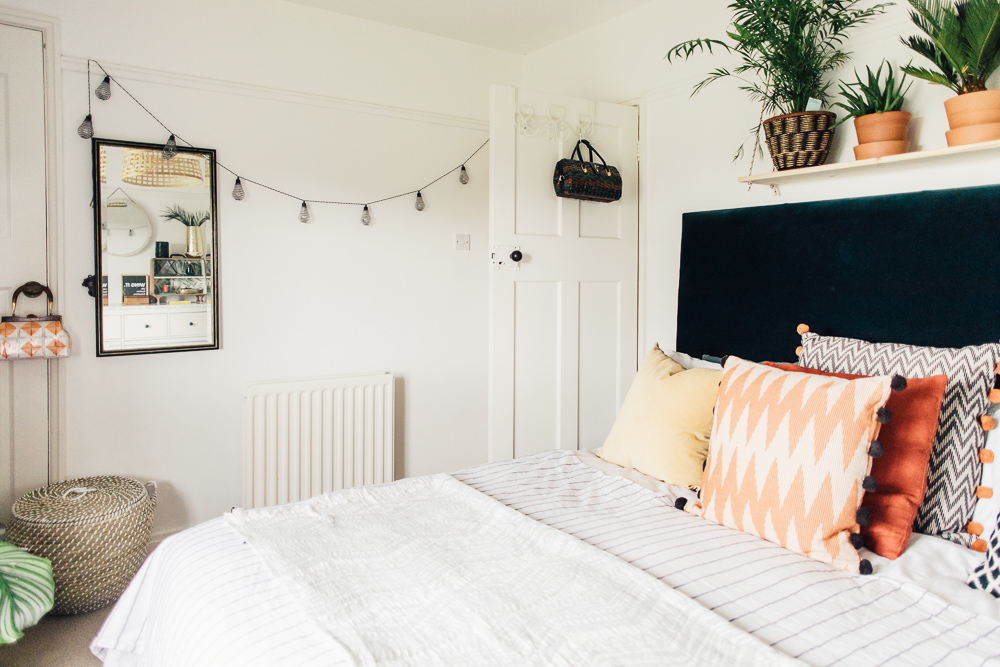
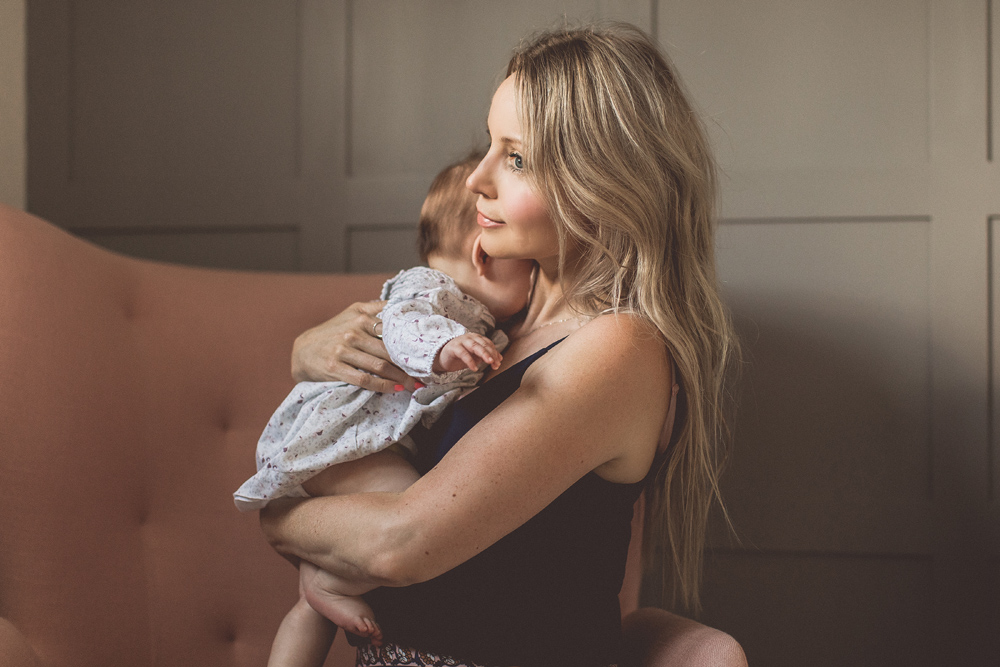
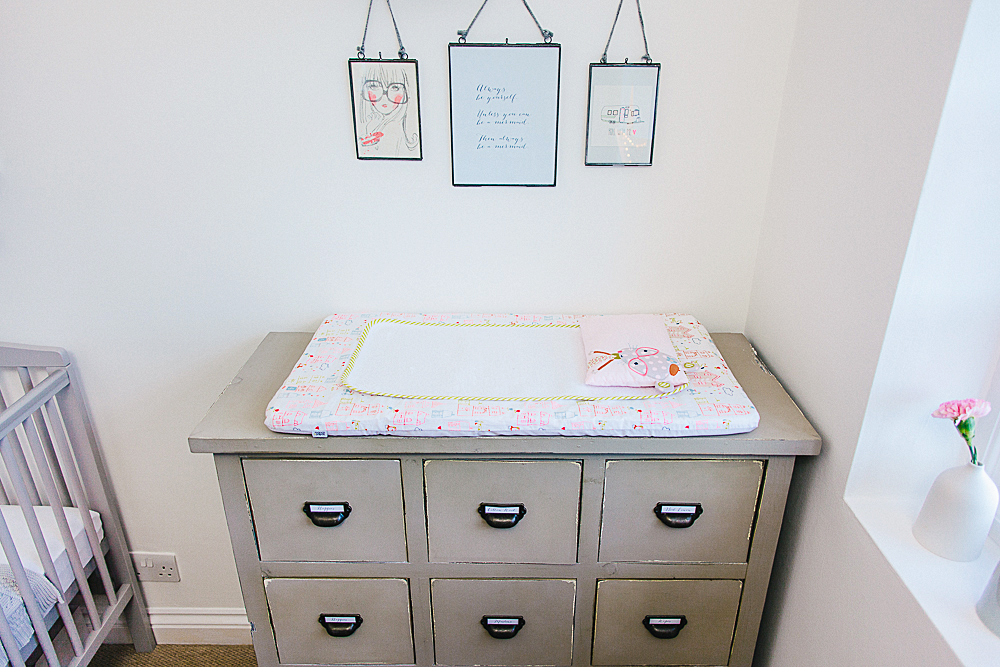
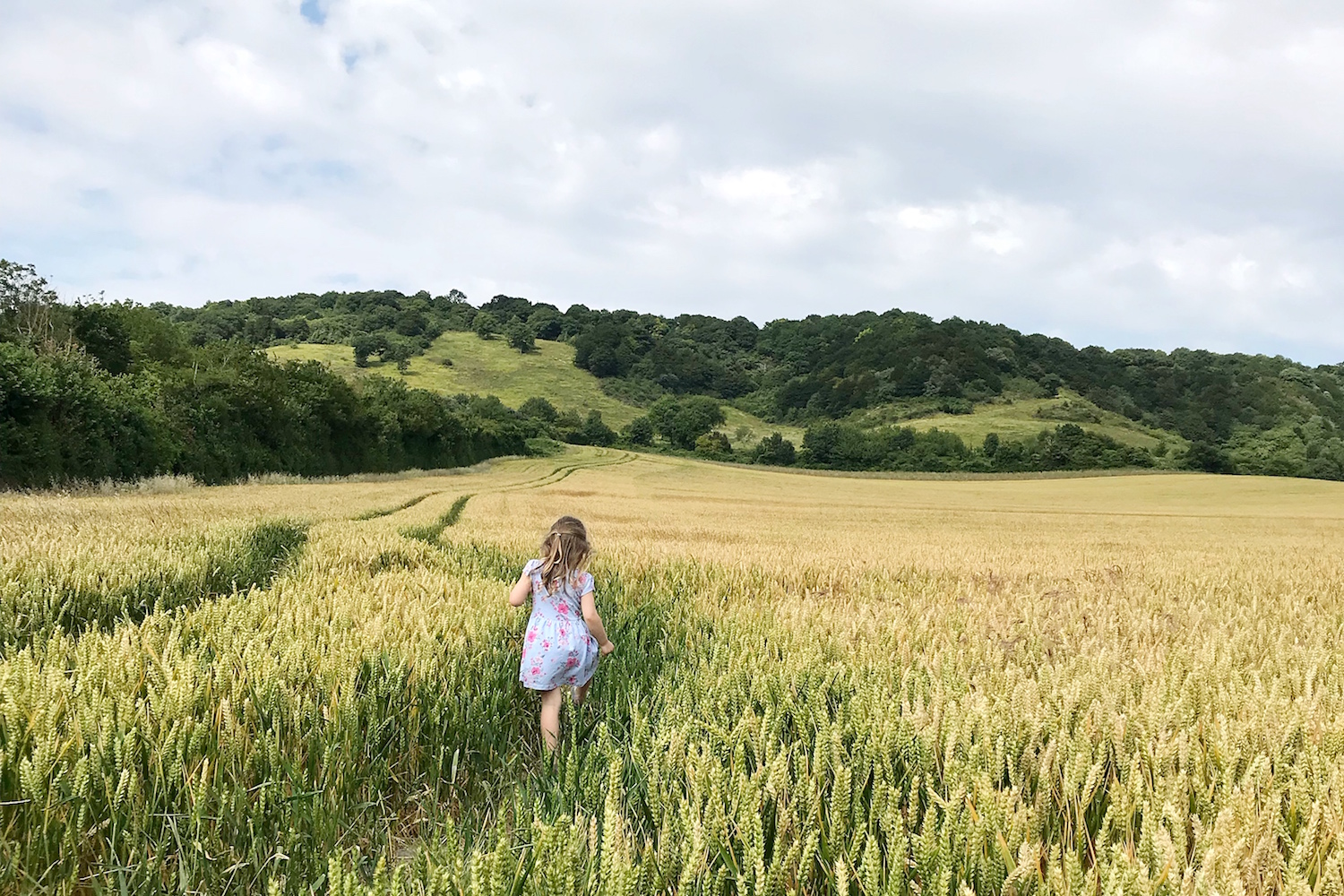
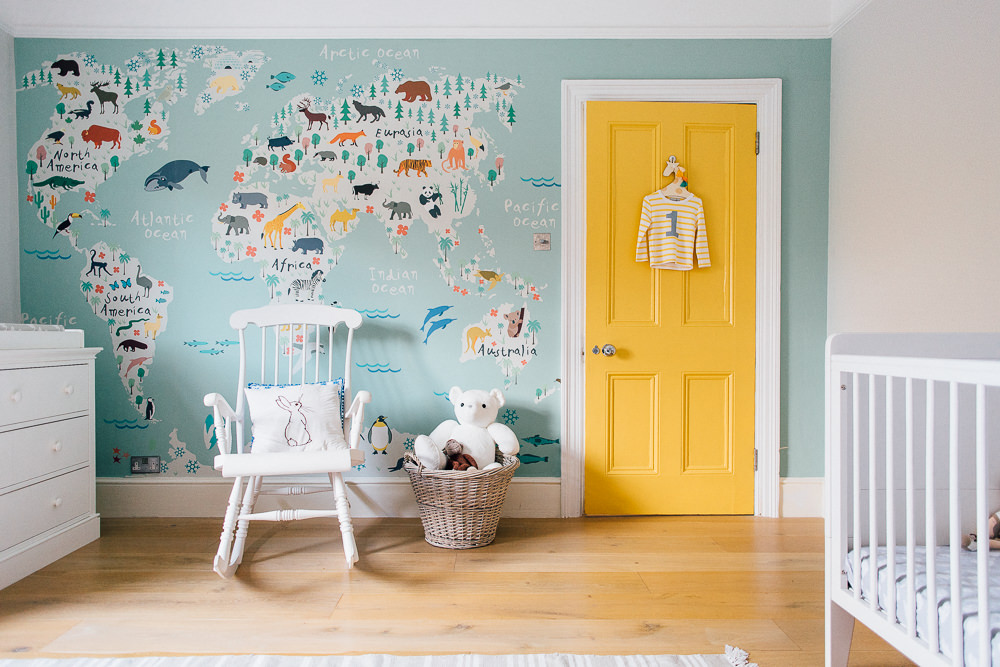
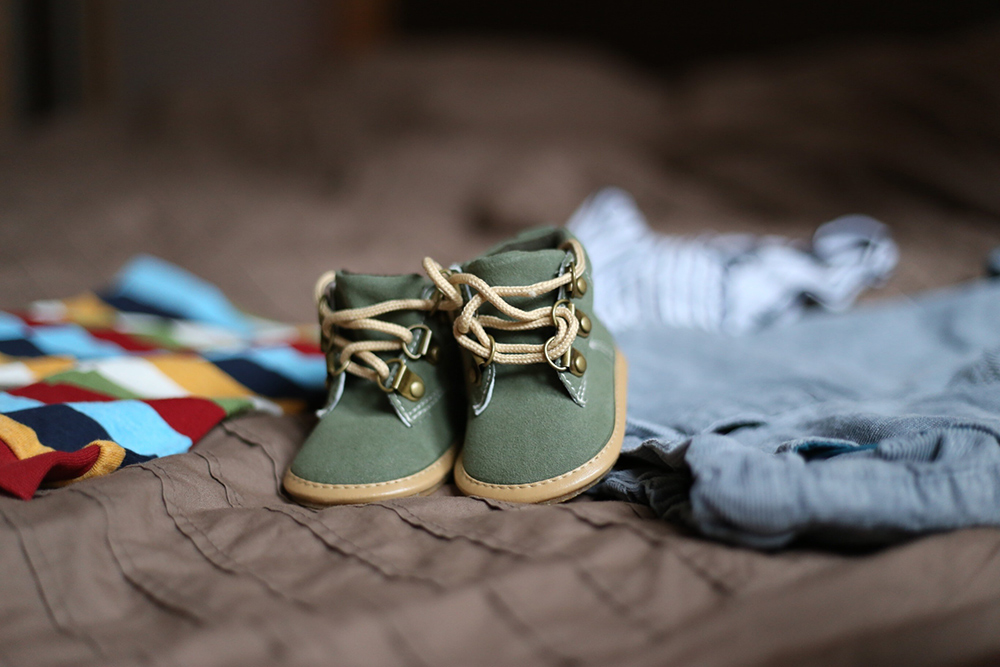
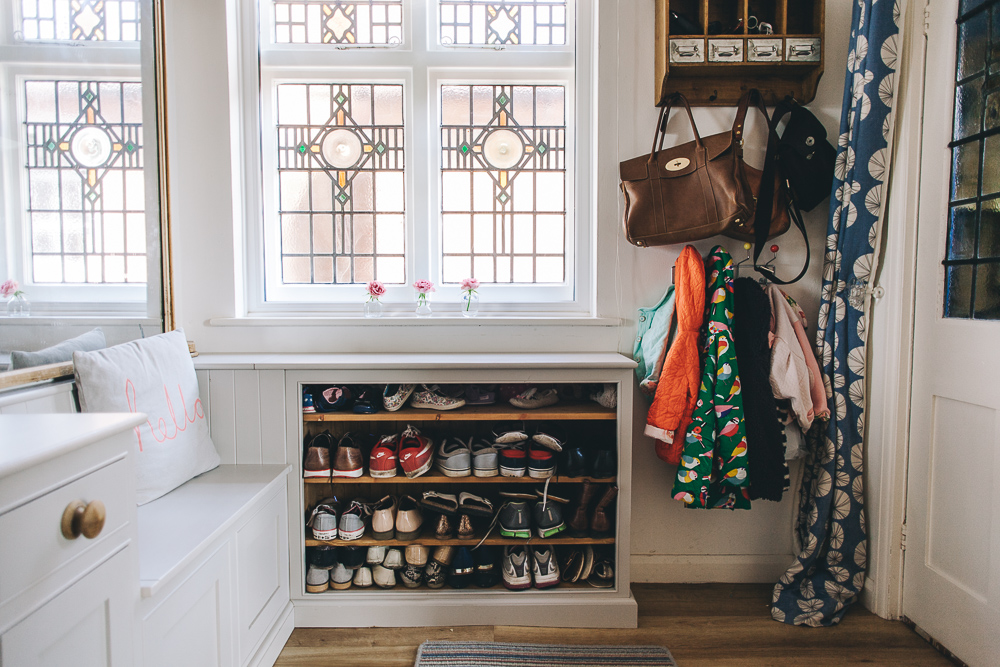



Yes I had no sense of money growing up other than that we didn’t have much of it once my parents separated but my Dad was very inventive and creative with presents etc (when I got old enough to get money for birthdays he once put pound coins and confetti in balloons and pinned them to the ceiling giving me a stick and a number of tries to get the money – so fun!it must have taken him ages)
Anyway when I went to uni I’d (embarrassingly) never had a job and had no concept of keeping a budget. My dad much have been brilliant at it but never showed or taught me any skills.i has to pay all my own way at uni, which was tough and not manageable on a student loan. I left uni with a £18k graduate loan which was used to pay off various credit cards and overdrafts. Took me 8 years to repay and boy I’d never get into all that again.
I already try to tell my 3 year old about working to get pennies to pay for things and some things are too many pennies etc.
We also regularly save for him, but I’m not going to give him it until he’s ready to buy a house or getting married or some other big life event. I know if I’d have been given a lump sum at 18-21 it would have been frittered away in topshop, miss Selfridge, Shelleys and in pubs.
Your Dad’s balloon game sounds SO fun! I think the thing about getting into debt when you’re young is that it’s a fast way to learn important lessons about money. I guess I’m hoping I can avoid Ethan having to learn them on his own, but really… It’s the whole can’t put an old head on young shoulders. Hopefully, they’ll listen to us Claire!
I grew up being constantly told that we didn’t have any money and although we didn’t go without a summer holiday and got the present we wanted for Christmas and birthdays, I didn’t have any concept of budgeting or appreciate how much overtime my dad worked. I ended up in debt in my early twenties when I moved out of home due to store card deals and blowing my overdraft on shopping. It was a tough lesson and it took quite a long time to pay it off! To be honest spending so much money did come from constantly being told there was no money, and although wrongly, stores and banks all said yes have lots of credit.
I do think children need to learn about money and the importance of saving money and it doe need to be age appropriate. It can be difficult to get on the property ladder now and having a pension/life savings is essential – future financial planning may seem boring and unimportant when people are young, but I really think that the importance budgeting and saving does need to be taught.
When I have children I will definitely set up a savings account which would be used for important milestones such as being able to travel for a gap year or towards buying a house.
I think your experience reflects so many of us Claire, store cards and overdrafts were definitely a part of my early 20’s.
We’ve regularly saved for P and any money she’s had for birthdays have been split between spends and saves.
Shes very much aware that we have to work for “pennies” to spend on holidays and toys etc.
The savings rates are dire though so we’ve ditched the regular saver/standard isa and now have it in a stocks and shares isa. Companies like Hargreaves Lansdown make it much more manageable with their apps and advice.
My husband has been looking into setting her up a pension with a small lump sum from my late grandparents estate after reading articles like this one.
https://www.telegraph.co.uk/finance/personalfinance/special-reports/11437077/Turn-2000-into-500000-the-pros-and-cons-of-starting-a-Sipp-for-your-child.html
This is such a timely article. I just had a baby girl three months ago and have been trying to decide what type of savings account to set up for her.
I think I will set up premium bonds for her so I can still have access to the money. I did look at Junior Isas but I’m not keen on tying up the money. Some friends have even started pensions for their children as that’s supposed to be another super efficient thing to do now if you can afford it.
We struggled hugely financially when I was a child so I have always been hyper aware of managing finances and the value of saving. Since my 5 year old was born we save as much as we can for him each month into a Child savings account (a higher interest rate than standard savings accounts). If we are lucky and get any sort of windfall then half always goes into his account. Our goal was to cover University fees at a minimum (if he is that way inclined), potentially some of the living costs, and any more is a bonus. He could then use as a house deposit or any other type investment if he doesn’t go the University route or for any money we can save in addition. My plan is not to hand it over at age 18 (who knows whether he will be a sensible adult at this age!) but to have that amount for us to support him in whatever way he needs. I also want to bring in pocket money – its a great way of teaching maths as well as budgeting and the value of money. I just can’t decide what is a useful and appropriate amount at this age. He doesn’t like sweets/chocolate (strange child) so it would go towards Lego and so on.
My parents were always very open and honest with me about how much they earned, mortgages, pensions and savings and for that I’m hugely grateful.
At 26, I own a house on my own that I bought 2 years ago, my pension is well into 5 figures, I save into a stocks and shares ISA every month and I have a nice little pot of day to day savings for holidays and other fun but slightly more expensive stuff.
My parents also encouraged me to get a credit card when I could and taught me how to use it to build up my credit rating.
When I was younger my parents used to match each month what I earned at work but I was then expected to pay for most things myself, that was from aged 15 onwards.
I believe schools should teach this kind thing, regardless of if you want to buy a house, travel the world or start a business, it’s a lot more useful than most GSCEs and A-Levels! If it wasn’t for my mum and dad telling me how to manage money, how to save and how much money to have fun with I wouldn’t have a clue!